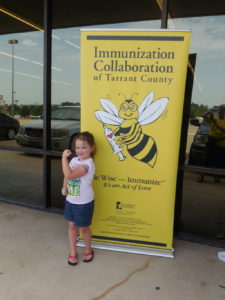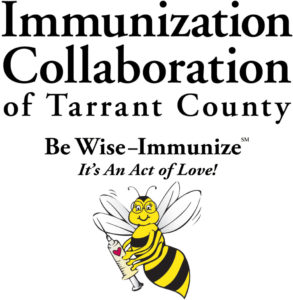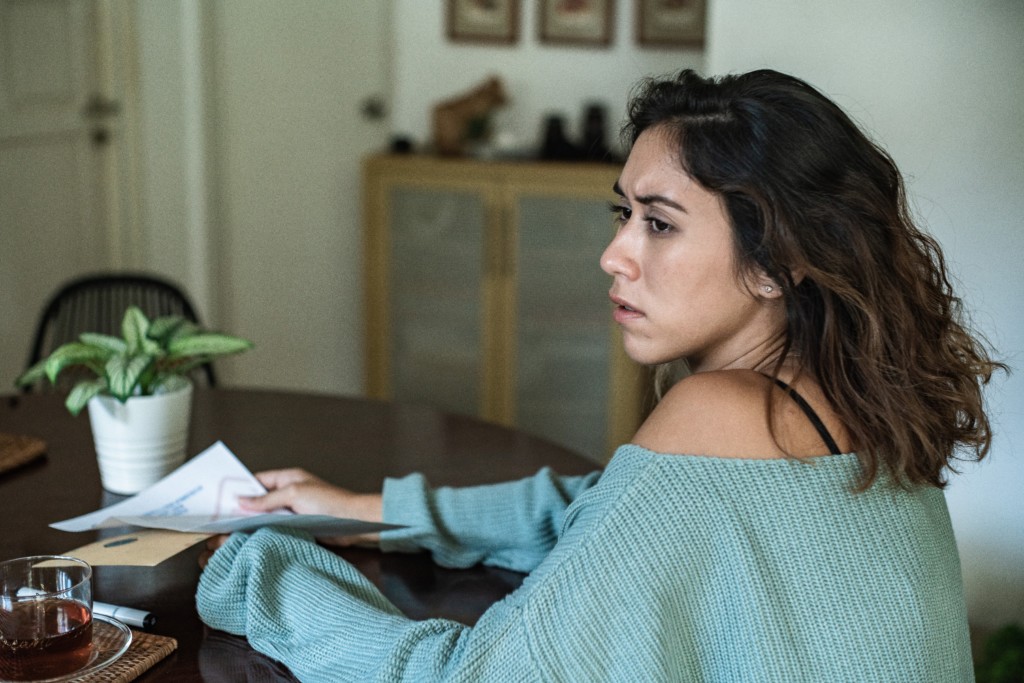This editorial series, Hot Topics, is brought to you by the Fort Worth Moms Blog and iCare Emergency Room & Urgent Care. Our friends from the Immunization Coalition of Tarrant County sponsored and crafted this blog post for the Hot Topics editorial series, and provided information on the HPV vaccine. All 15 original articles from the Hot Topics series can be found on our website.
 What if there were something you as a parent could do to prevent your child from getting cancer? Would you do it?
What if there were something you as a parent could do to prevent your child from getting cancer? Would you do it?
It sounds like a no brainer, yet Texas ranks 47 out 50 states and the District of Columbia for completion of the human papilloma virus (HPV) vaccine — the ONLY cancer vaccine available. HPV is associated with 99 percent of cervical cancers, 95 percent of anal cancers, 70 percent of throat and neck cancers, 65 percent of vaginal cancers, 50 percent of vulvar cancers, and 35 percent of penile cancers.
But there is good news! The HPV vaccine provides almost 100 percent protection from nine HPV types, if all doses are received at the correct intervals, and if it is given before having an infection of these types.
With so much controversy surrounding the vaccine, we thought we would answer some questions for any hesitant mommas.
My child is only 11 for goodness sakes. She isn’t having sex, so why does she need the vaccine right now?
The HPV vaccine offers protection from the virus only if given before the recipient comes into contact with it. It is the same concept as getting the flu vaccine before flu season.
Studies have shown that children produce a higher immune response to the vaccine if received before the age of 15. This also allows them to be fully immunized after two doses rather than the three doses it would take if they started the series after 15 years old. So yes, we know your child isn’t having sex at 11 years old. We want him or her to be fully protected from HPV-related cancers while also saving an extra poke.
 If my child gets the vaccine now, will he think it’s okay to be promiscuous?
If my child gets the vaccine now, will he think it’s okay to be promiscuous?
HPV is a sexually-transmitted infection, yes; however, the vaccine prevents certain types of cancer. It’s as simple as that. When receiving the HPV vaccine along with the two additional 11-to-12-year-old vaccines, TDaP and MCV, there may be less questioning from children as to why they need it. If your child does ask why, you can tell the truth: This vaccine prevents cancer.
Isn’t the HPV vaccine dangerous?
We hear this one a lot. The United States has the most effective, safest vaccine supply in the world. The vaccine has been on the market since 2006, with more than 270 million doses given worldwide — including 100 million here in America. Clinical studies continue to show the vaccine is very safe. As with all vaccines, side effects can include pain, redness, or swelling at the injection site, slight fever, headache, and temporary muscle pain. This is a normal immune response to the vaccine.
The truth is: HPV is dangerous, not the vaccine. HPV can lead to fertility issues from cervical cancer, not to mention surgery, radiation, or chemotherapy from HPV-related cancers.
Don’t vaccines contain aluminum? I don’t want that heavy metal in my child.
Aluminum is the most common metal found on earth. It is present in the food we eat, the water we drink, and the air we breathe. In fact, during the first six months of life, a breastfed baby will consume about 10 milligrams of aluminum from breastmilk, 40 times the amount found in a single dose of HPV. There is more aluminum in a piece of fresh fruit than there is in a dose of HPV vaccine. Aluminum is used in an extremely low dose to help the body form an immune response using a smaller amount of vaccine. So yes, HPV vaccine does contain aluminum — but so does fruit, veggies, meat, and even breastmilk.
Hopefully, this clears up some misconceptions on the HPV vaccine. If you still have questions, your child’s medical professional can help guide you. For additional credible vaccine information, visit the following resources:
[pinterest count=”horizontal”]
 Immunizations are one of the greatest preventive medicine success stories in the United States, and the Immunization Collaboration of Tarrant County (ICTC) has been working since 1991 to eradicate vaccine-preventable diseases in Tarrant County. ICTC is a collaboration of more than 40 agencies and organizations, public and private, committed to providing the systematic eradication of childhood, adolescent, and adult vaccine-preventable diseases in Tarrant County. Today, ICTC provides low-cost vaccines to more than 7,000 children, teens, and adults annually — and community awareness, outreach, and education on the importance of immunizations to more than 20,000 people every year.
Immunizations are one of the greatest preventive medicine success stories in the United States, and the Immunization Collaboration of Tarrant County (ICTC) has been working since 1991 to eradicate vaccine-preventable diseases in Tarrant County. ICTC is a collaboration of more than 40 agencies and organizations, public and private, committed to providing the systematic eradication of childhood, adolescent, and adult vaccine-preventable diseases in Tarrant County. Today, ICTC provides low-cost vaccines to more than 7,000 children, teens, and adults annually — and community awareness, outreach, and education on the importance of immunizations to more than 20,000 people every year.













